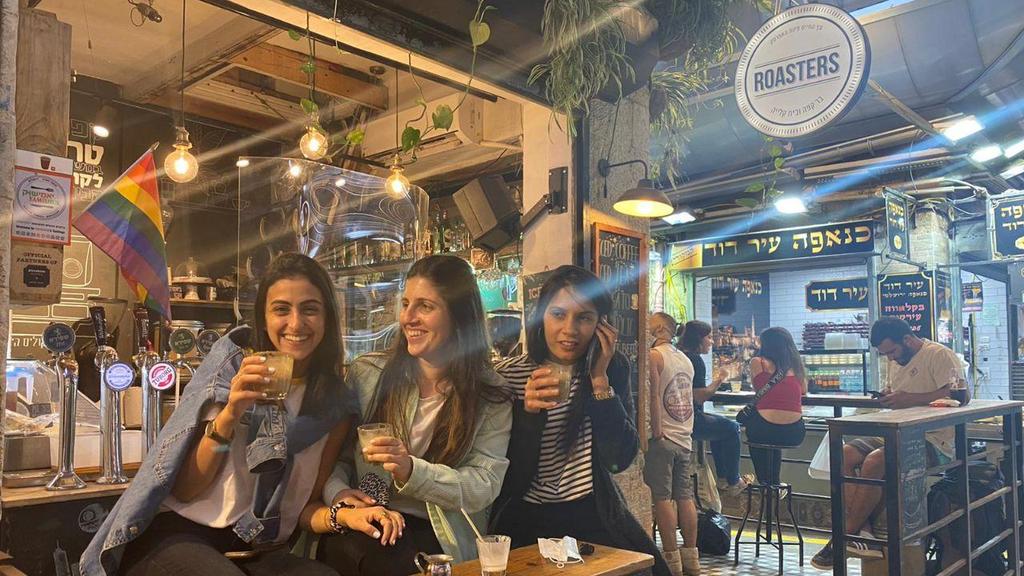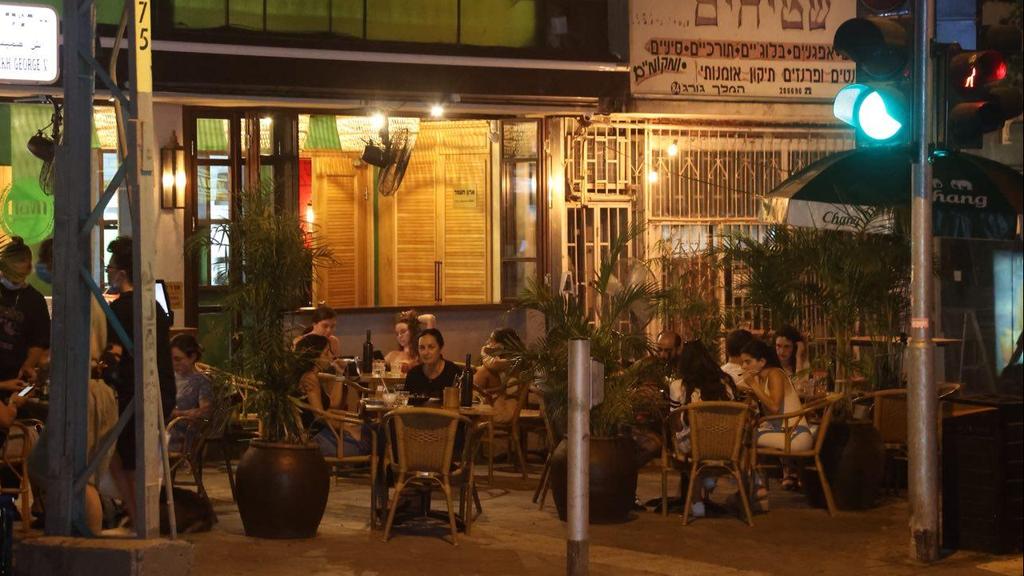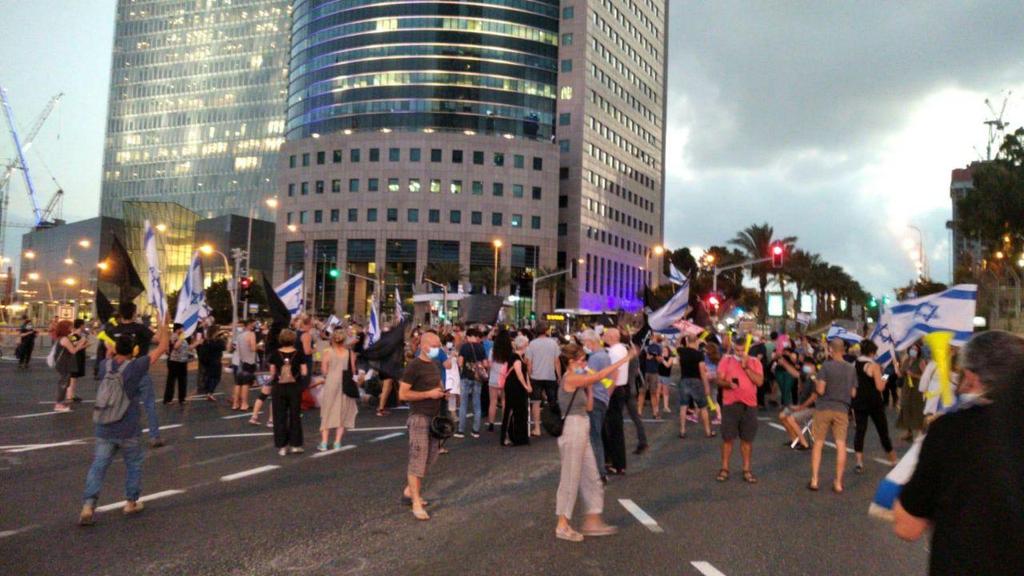Israeli bar, restaurant, and event hall owners say without significant financial assistance from the government their businesses will collapse following the introduction of new coronavirus restrictions, which went into effect Tuesday.
The cabinet on Monday voted to once again close gyms, night clubs, bars and events halls in the wake of the COVID-19 resurgence. Restaurants and cafes, while remaining open, will be restricted to 20 diners inside the premises and another 30 in open air spaces.
Some business owners said if the government would not release a concrete plan for financial support, as was promised by Prime Minister Benjamin Netanyahu at the start of the outbreak, most of their places of business would have to close.
During a demonstration held by small business owners in Tel Aviv in the morning, one protester, who is a single mother, said she currently has virtually no income from the four businesses she owns.
"I have to choose when grocery shopping, what I can afford to buy my kids," she said. "Bills have to be paid by July 10 and I have no money. My financial situation scares me more than the coronavirus."
Chef Avi Levi, a restaurant owner, said he cooks less and less every day because the government restrictions allow him to accept no more than 20 people for inside-dining at a time.
"I can keep my doors open, but I cannot make a living," he said, "We are not looking for profits now, we are simply hoping to stay in business and keep our staff."
Another chef said that if he were to manage his business the way the government has been managing the health crisis, he would have gone out of business.
"There is no thought process, no plan," he said. "The restrictions imposed on restaurants mean they will not be able to survive. We might not even be able to provide severance pay to the people we will have to let go," he added.
"All they [the government] care about is themselves," he said. "It is the easiest thing to close restaurants. We don't have 800 employees that will go out and block the streets. It is much harder to close big department stores or Ikea. I've been to those places and all they had to do is take people's temperature at the door," he said.
Another demonstrator said he was still in major debt as a result of the first lockdown. "This time it is much more serious. It is a death blow," he said.
The chairman of Israel's Bars and Clubs Association, Shlomi Dayan, said he is still evaluating the situation but estimates more than 50% of businesses will close for good in the wake of the new restrictions. "Tens of thousands will be without work. This is a total collapse of the industry."
"We were already earning 60% to 80% less than before the pandemic, with people spending far less. Young people still were going out but the older population stayed away."
Dayan said despite the government promises of compensations, many businesses never saw a penny, while others received barely 20% of their total losses. "We were told we would receive the money within days, but two months have gone by and nothing has changed."
Dayan said that reopening businesses after the initial lockdown was also a costly operation, with supplies needing to be repurchased and staff needing to be rehired, not to mention the cost of tools needed to meet the new health guidelines.
One owner of an event hall said the government is busy with "nonsense".
"Appointing ministers, annexation and other matters that are not important at this time," he said. "Had they done their job, we would not have been in this predicament."





